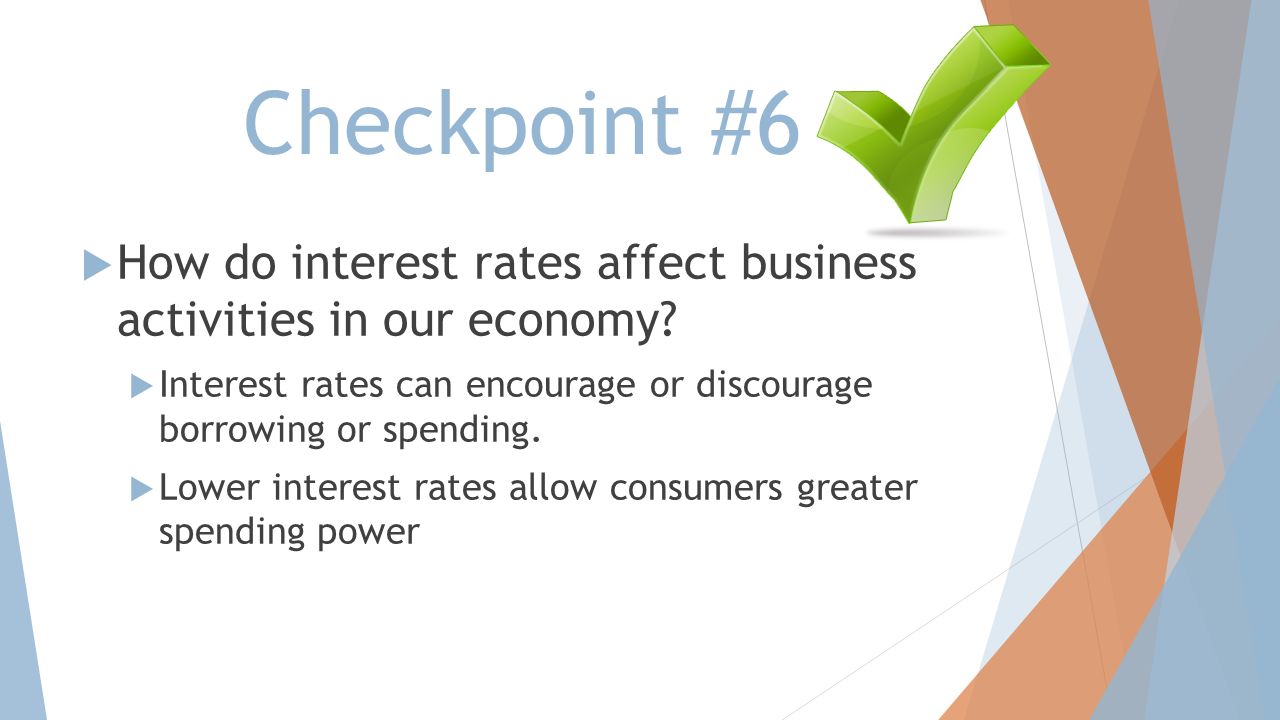

Finance
Jumbo Pool Definition
Published: December 15, 2023
Learn the definition of jumbo pool in finance and how it impacts the industry. Discover the key aspects and implications of jumbo pool investments.
(Many of the links in this article redirect to a specific reviewed product. Your purchase of these products through affiliate links helps to generate commission for LiveWell, at no extra cost. Learn more)
Jumbo Pool Definition: A Guide to Understanding Large Mortgage Loan Pools
When it comes to the world of finance, there are many terms and concepts that can be confusing. One such term is “Jumbo Pool.” So, what exactly is a Jumbo Pool and why is it relevant to the finance industry? In this blog post, we will provide a comprehensive explanation of Jumbo Pools to help you gain a better understanding of this concept.
Key Takeaways:
- Jumbo Pools are large mortgage loan pools consisting of high-value loans that exceed the conventional loan limit.
- These pools are packaged and sold by financial institutions, providing investors with an opportunity to invest in a diversified portfolio of high-value mortgages.
A Jumbo Pool refers to a collection of mortgage loans that exceed the conventional loan limit set by government agencies, such as Fannie Mae and Freddie Mac. Conventional loan limits are the maximum amount of money that government-sponsored enterprises will purchase or guarantee in the secondary mortgage market. In the United States, these limits are typically set at $548,250 (as of 2021).
So, if a mortgage loan exceeds this conventional limit, it is considered a jumbo loan. Financial institutions often create Jumbo Pools by bundling together these jumbo loans, allowing them to sell them as a package to investors. This allows the institutions to free up capital and manage risks associated with these large-value loans.
Investing in a Jumbo Pool provides investors with a unique opportunity to diversify their investment portfolio by gaining exposure to high-value mortgage loans. By purchasing a share of the pool, investors can potentially earn income through interest payments made by the borrowers on these jumbo loans.
Furthermore, investing in Jumbo Pools can offer benefits such as:
- Higher yields: Jumbo loans typically come with higher interest rates compared to conventional loans. This means that if borrowers make timely payments, investors can earn a higher return on their investment.
- Lower risk: Jumbo Pools are often structured in a way that diversifies the underlying mortgage loans. This can help mitigate risk since the performance of a single loan will have a smaller impact on the overall pool.
- Liquidity: Jumbo Pools can be traded on the secondary market, allowing investors to buy or sell their shares as needed, providing greater liquidity compared to holding individual mortgages.
However, it’s important to note that investing in Jumbo Pools may not be suitable for all investors. They often require a higher minimum investment compared to other investment vehicles and may have specific eligibility criteria. It’s always advisable to consult with a financial advisor to determine if investing in Jumbo Pools aligns with your investment goals and risk tolerance.
In conclusion, a Jumbo Pool refers to a collection of mortgage loans that exceed conventional loan limits. These pools offer investors an opportunity to diversify their portfolio by investing in high-value mortgage loans. While Jumbo Pools can provide higher yields and lower risk compared to individual loans, it’s essential to carefully evaluate the investment and consider factors such as eligibility criteria and minimum investment requirements.














